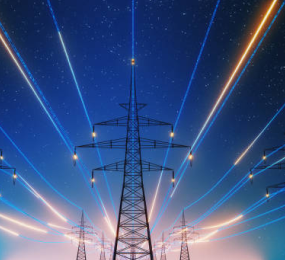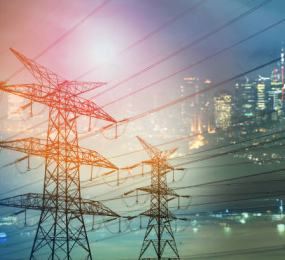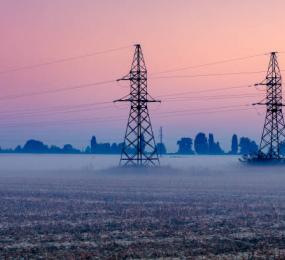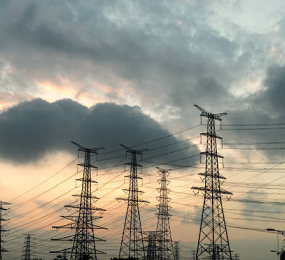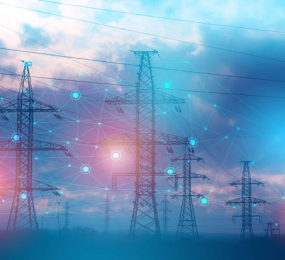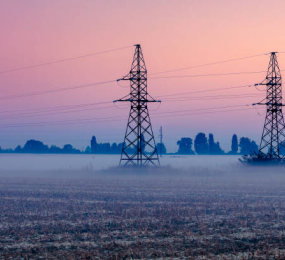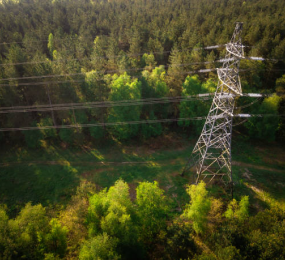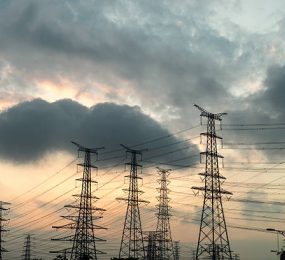How Automation is Improving Grid Stability and Load Balancing
The reliability of modern electricity grids is paramount, and achieving this hinges on two critical aspects: grid stability and load balancing. Grid stability refers to the system's ability to maintain a steady state of operation after being subjected to a disturbance, while load balancing ensures that power generation consistently meets demand across the network. Automation is rapidly transforming these areas, moving from traditional, manual operations to dynamic, intelligent systems that significantly enhance grid resilience and efficiency.
Automation plays a crucial role in bolstering grid stability by enabling faster detection, isolation, and restoration of faults. Modern automation systems, often leveraging SCADA (Supervisory Control and Data Acquisition) and advanced sensor technologies, can identify anomalies in real-time. This allows for immediate action, such as rerouting power around affected areas or automatically reconfiguring the network to prevent cascading failures. This proactive approach leads to "self-healing" grids, drastically reducing outage durations and improving overall service reliability for consumers.
Furthermore, automation is indispensable for effective load balancing, especially with the increasing penetration of intermittent renewable energy sources like solar and wind. Automated demand-response programs can dynamically adjust energy consumption based on real-time grid conditions and pricing signals, shifting load from peak hours to off-peak periods. Smart meters and grid-edge devices, managed by automated platforms, provide granular data that allows utility operators to forecast demand more accurately and dispatch generation resources optimally. This intelligent management of both supply and demand ensures that the grid remains balanced, preventing both overloads and under-utilization of resources.
In conclusion, automation is not merely an improvement but a fundamental shift in how electricity grids operate. By providing real-time visibility, intelligent control, and rapid response capabilities, it is making grids more stable, efficient, and adaptable to the complexities of modern energy demands. This evolution towards highly automated, smart grids is essential for a sustainable and reliable energy future.
Visit our website to know more: https://www.leadventgrp.com/events/2nd-annual-power-grid-digitalization-and-automation-forum/details
For more information and group participation, contact us: [email protected]
Leadvent Group - Industry Leading Events for Business Leaders!


